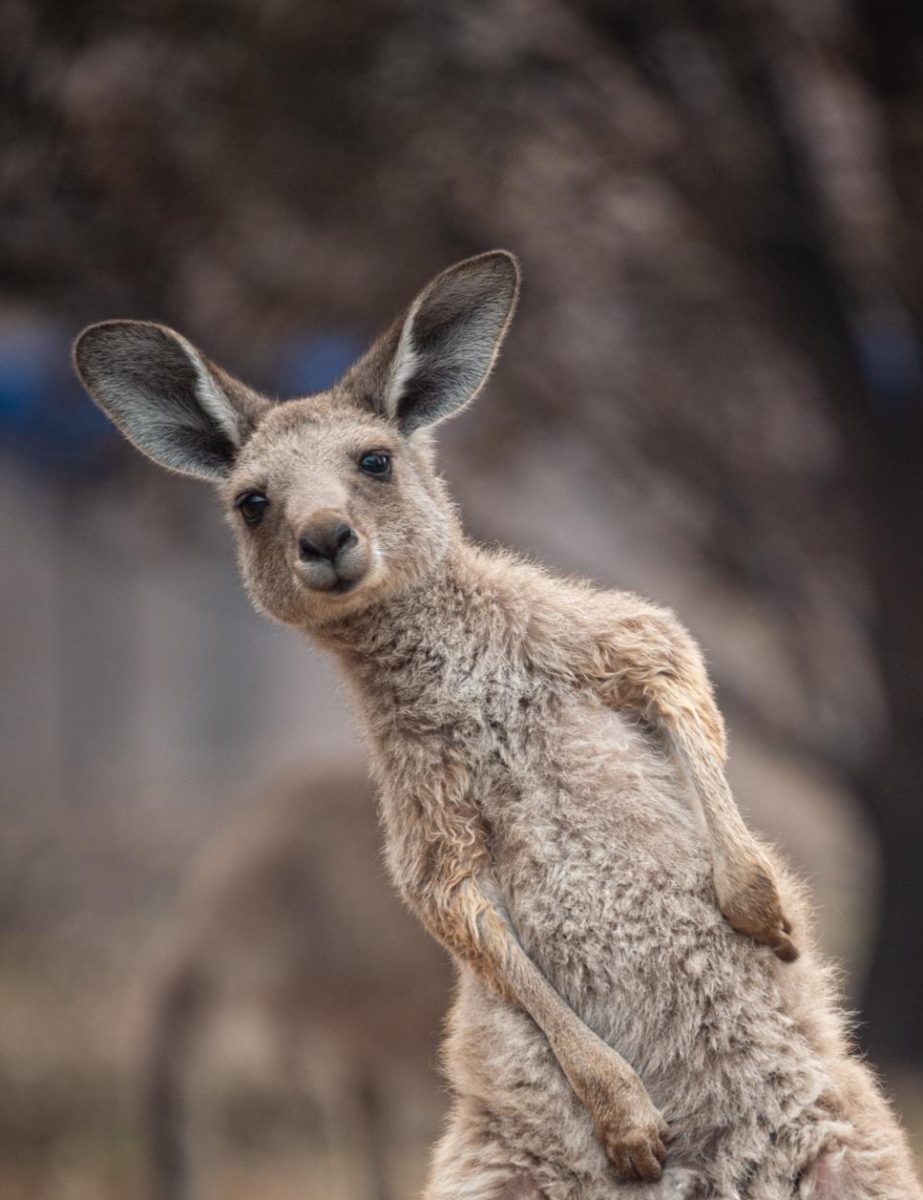In today’s ambitious society, humanity stands at the pinnacle of decision-making, shaping the fate of not only its own species but also the countless others that share this planet. As the alpha species, humans wield immense power, often treating other living beings as insignificant—a mere speck, flicked away given any “annoyance” or “inconvenience”. Animals have long served for transport, sustenance, and companionship, yet the relentless pursuit of economic success has now blurred moral boundaries more than ever regarding their welfare. This contradiction is striking in a world that professes peace and stability yet neglects the rights of its non-human inhabitants. Amid this imbalance, an everyday item—a shoe—embodies the ethical dilemmas of modern innovation. The footwear and fashion industries tread on precarious moral ground, prioritizing profit and performance over environmental and ethical considerations. To think that something as simple as putting on shoes before walking out the door carries layers of moral implications?
According to Animal Wellness Action, the kangaroo leather industry claims the lives of approximately 2 million kangaroos annually. Among these victims, 440,000 dependent joeys are orphaned and subjected to inhumane methods of euthanasia, including blunt force trauma. Such practices contradict claims of humane wildlife management. The Australian government states that culling is necessary to control kangaroo populations, citing ecological balance as justification. Furthermore, the government “oversight” of culling is minuscule in percentage compared to unregulated and inhumane commercial killing of animals for various uses, to be handed over to dark markets. However, kangaroo populations have thrived for 50 million years, adapting to ever-changing environments without human intervention, casting doubt on the necessity of such measures.
The ethical concerns surrounding kangaroo leather extend beyond the act of culling. According to the ACT Environment Directorate, commercial hunting often lacks adequate oversight, leading to inconsistent adherence to animal welfare guidelines. This lax enforcement raises questions about the sincerity of claims that culling is performed humanely. The broader implications of this industry are significant, suggesting that profit motives often overshadow ethical considerations. In the footwear industry, Adidas has come under fire for its continued use of kangaroo leather, which accounts for less than 0.1% of its materials. As noted by the president of Animal Wellness Action, Wayne Pacelle, this seemingly minor figure translates to hundreds of thousands of animals killed each year. Adidas argues that its sourcing is ethical, relying on government-certified suppliers. However, this defense is undermined by the availability of sustainable alternatives such as plant-based leather, recycled materials and cotton. Competitors such as Nike, Puma, and New Balance have already transitioned away from kangaroo leather, demonstrating that ethical practices are achievable without sacrificing product performance.
California offers a compelling example of the potential for legislative action to drive ethical change. As reported by Reuters, the state has banned the sale of kangaroo-derived products, a policy that has not diminished its status as the largest soccer market in the United States. This success highlights that high-quality athletic footwear can be manufactured without exploiting wildlife. As stated by Pacelle, “California has proven that ethical policies do not compromise consumer satisfaction or industry success.” Furthermore, the global market’s reliance on kangaroo leather reflects a broader pattern of unsustainable exploitation of exotic materials. A chapter from Vegan Alternatives for Leather: Sustainable Textiles: Production, Processing, Manufacturing & Chemistry, a scholarly study published in 2024 examines the potential of vegan leather and other sustainable materials that could make their way into the fashion industry. While there is a growing demand for sustainable, cruelty-free alternatives like vegan leather in the luxury fashion industry, significant challenges remain in terms of quality, market acceptance, and consumer behavior. As with most circumstances, it is difficult to make a fast shift in the world even if it is for the better. However, recent innovations and improved production processes that continue to develop further sheds light upon the promise and potential of vegan leather and other sustainable materials. Ultimately, supporting the transition away from traditional animal-based leather will help not only animals but us all. The work highlights the ethical and environmental importance of this shift while recognizing the current limitations of vegan leather as a viable alternative. When consumers are informed about the ethical and ecological consequences of their purchasing decisions, they are more likely to support humane alternatives. This insight emphasizes the importance of advocacy campaigns such as “Kangaroos Are Not Shoes,” which aim to raise awareness and reduce demand for kangaroo products.
The debate over kangaroo leather is unfortunately just the surface of a larger ethical reckoning in the fashion industry. According to an article written by a professional researcher and Biomedical engineer Anand Chandrasekhar, the push to phase out kangaroo leather and exotic materials alike parallels the growing consumer interest in sustainability. By investing in innovative materials and adopting transparent sourcing practices, companies can align their operations with evolving ethical standards. This shift is not only feasible but also necessary to address the moral shortcomings of current practices.
At the heart of this issue lies a question of humanity’s broader responsibilities. As the apex predator, humans have an obligation to act as stewards rather than exploiters of the natural world. The commercial killing of kangaroos for luxury footwear epitomizes the prioritization of profit over principle. By phasing out kangaroo leather and other means of commercial animal products, companies like Adidas can set a powerful precedent for ethical business practices.
The holiday shopping season presents an opportunity for reflection. Consumers wield significant power to influence corporate behavior through their purchasing choices. Supporting brands that prioritize sustainability and animal welfare sends a clear message that cruelty has no place in commerce. As stated by advocates from the SPCAI, “The survival of kangaroos depends on collective action—from consumers to corporations to legislators.” The path forward requires a collective commitment to ethical responsibility. The world must embrace sustainable innovations, governments must enforce stricter regulations, and consumers must hold industries accountable. The fate of kangaroos—and countless other species—depends on humanity’s ability to align progress with morality. Only by taking sole responsibility for our actions can we ensure a future that respects the natural world and the creatures that share it.




Minister Maximilian Steele • May 20, 2025 at 7:10 pm
Total agree with your view. I think balance combined with action and forward growth for respect of all living creation with a group approach is a good step to save the planet.